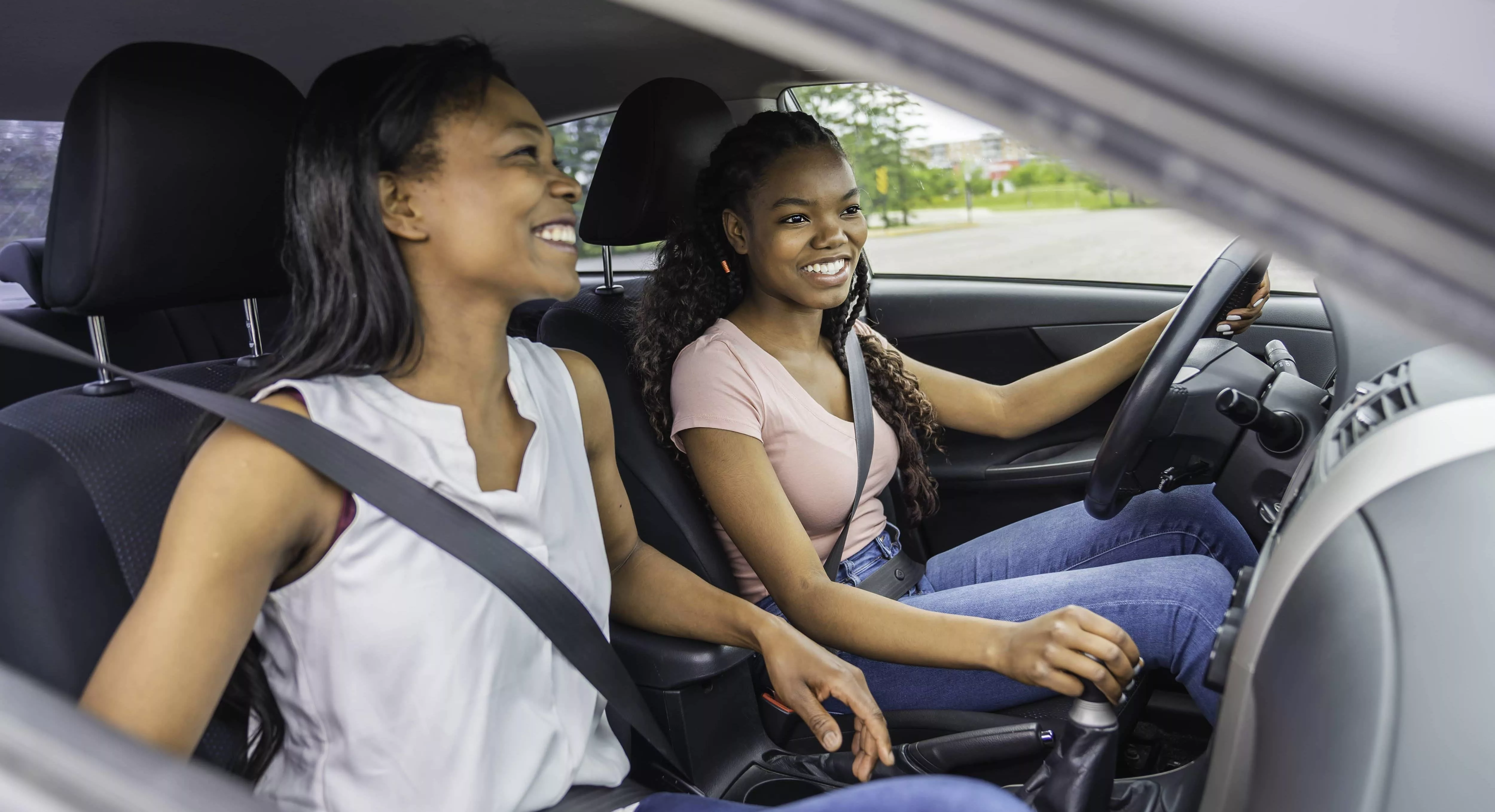Gen Z teens put the brakes on driving
Among Generation Z teens: a significant decline in the number of young people obtaining driver’s licenses and regularly. This shift marks a departure from generations, for whom getting a driver’s license was often seen as a rite of passage and a of independence. Several factors contribute to this phenomenon, reflecting broader changes in societal values, technological advancements, and economic considerations.
One of the primary reasons for this decline is the rise of digital connectivity. Gen Z, having grown up with the internet and smartphones, often prioritize virtual interactions over physical ones. Social media platforms, video calls, and messaging apps allow them to stay connected with friends and family without the need for physical travel. This digital-first mindset reduces the perceived necessity of driving as a means of socialization. Economic factors also play a significant role. The cost of owning and maintaining a car, including expenses such as insurance, fuel, and repairs, can be prohibitive for many young people. With the increasing burden of student loans and the high cost of living in many urban areas, teens and their families may opt to delay or forgo the expense of a vehicle. Additionally, the gig economy and remote work opportunities have lessened the need for daily commuting, further diminishing the urgency to drive. Environmental concerns are another critical factor. Gen Z is often characterized by a heightened awareness of climate change and a strong commitment to sustainability. Many young people are conscious of the environmental impact of driving and prefer eco-friendly alternatives such as public transportation, biking, or walking. The growing popularity of ride-sharing services like Uber and Lyft also provides a convenient and often more sustainable option for occasional travel needs.
Urbanization trends contribute to this shift as well. In densely populated cities, robust public transportation systems make driving less necessary. Urban living often comes with the added challenges of traffic congestion and limited parking, making driving more of a hassle than a convenience. As a result, many teens in urban areas find it more practical to rely on public transit or other modes of transportation. The cultural significance of driving has evolved. While previous generations may have viewed driving as a key milestone of independence, today’s teens often find other ways to assert their autonomy and explore their identities. The freedom once associated with driving is now found in digital spaces, creative pursuits, and diverse experiences that do not necessarily require a car.
The decline in driving among Gen Z teens is a multifaceted trend influenced by digital connectivity, economic considerations, environmental awareness, urbanization, and shifting cultural values. As society continues to evolve, so too will the ways in which young people navigate their world, both literally and figuratively.





